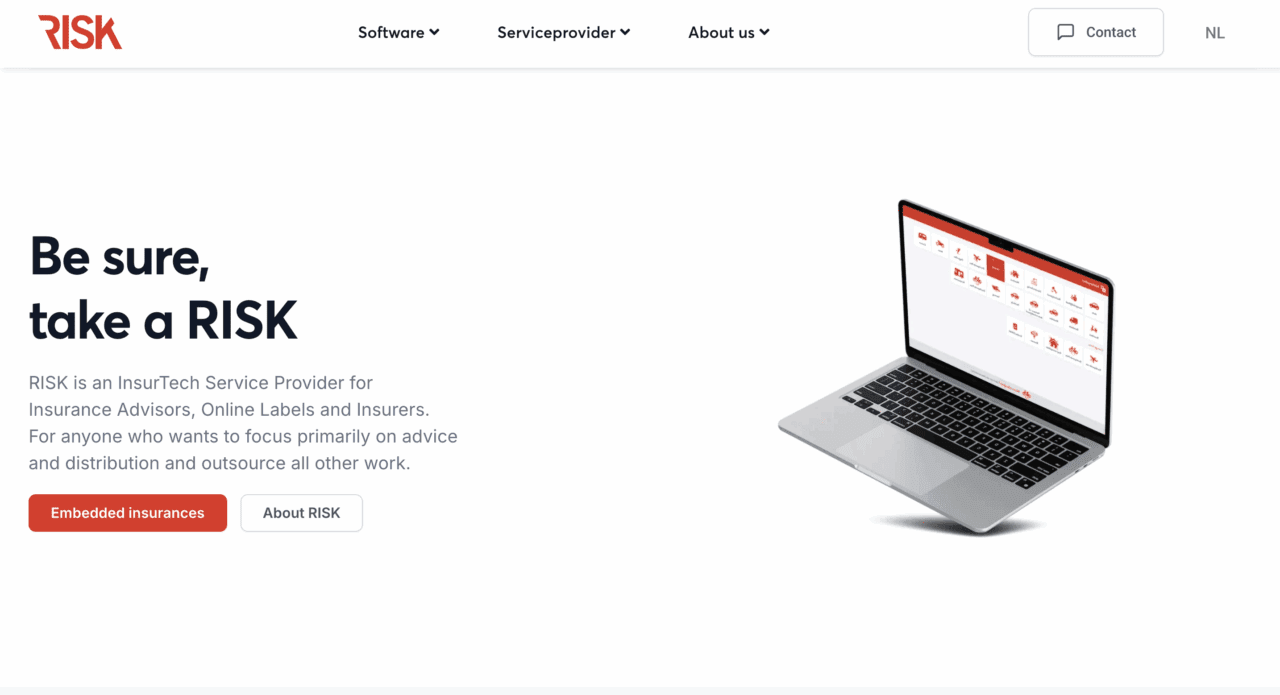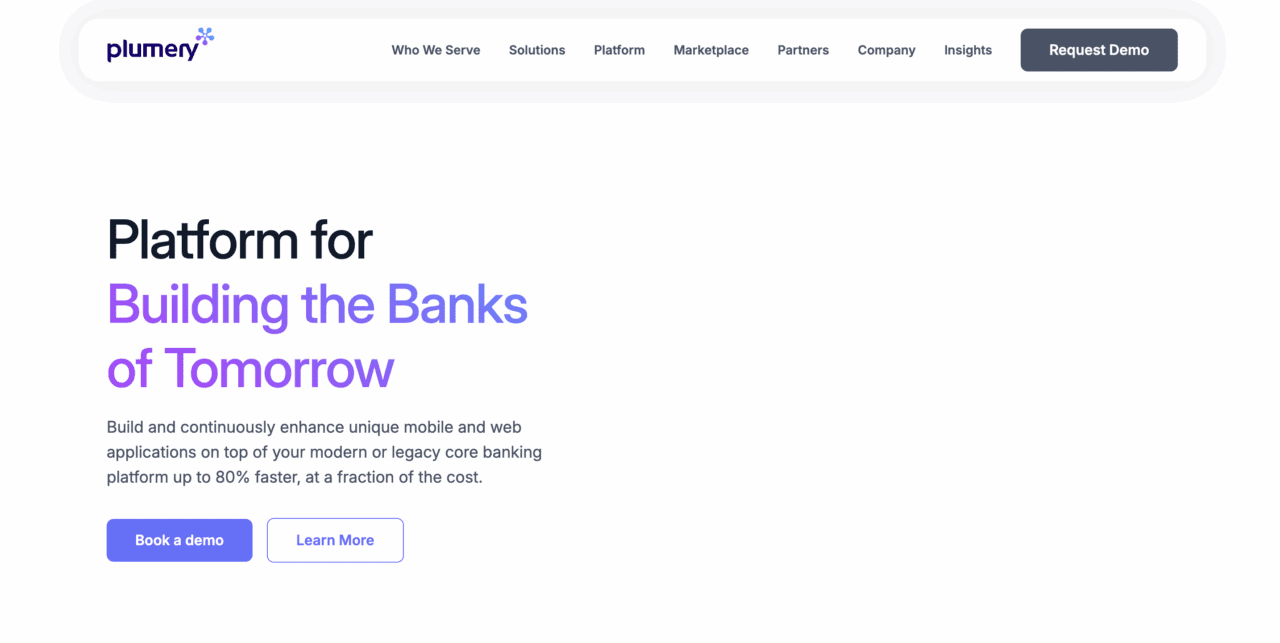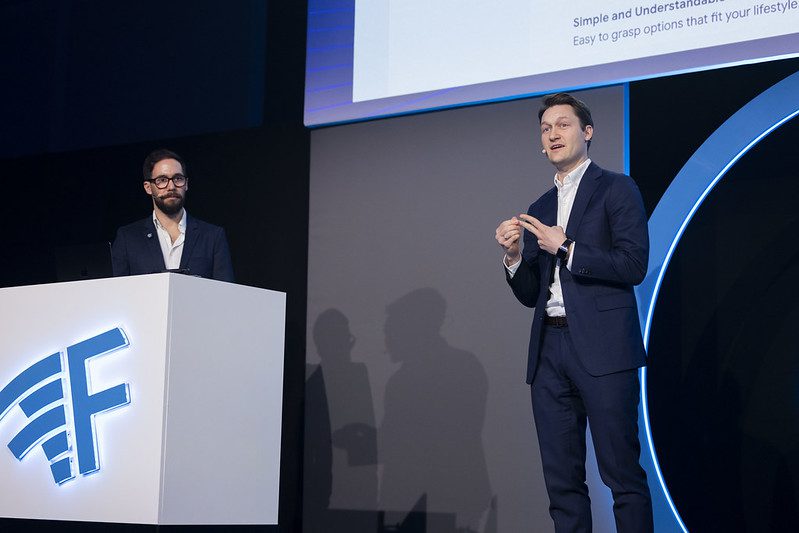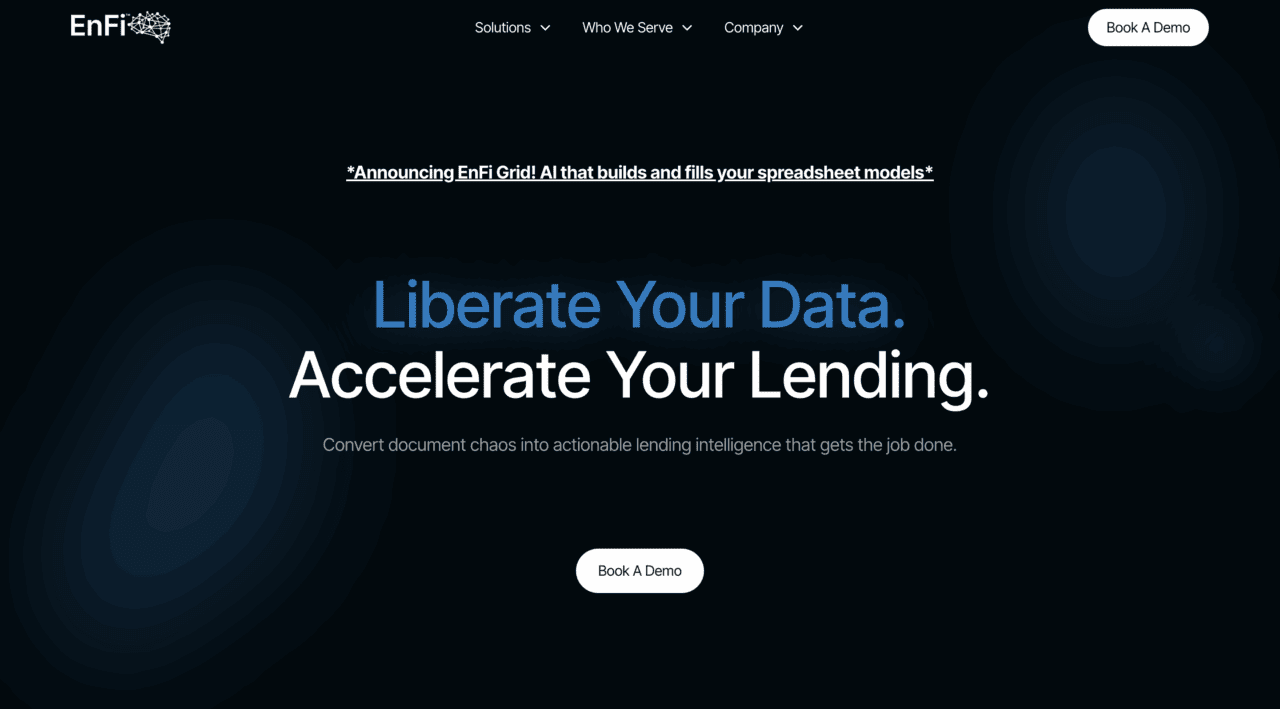
This week’s edition of Finovate Global looks at recent fintech headlines from India.
RBI pushes financial inclusion; launches digital currency sandbox
Reserve Bank of India (RBI) Governor Sanjay Malhotra used the occasion of the 6th Global Fintech Fest in Mumbai to encourage technologies to emphasize financial inclusion as well as better trust and efficiency as they help build the future of the country’s financial ecosystem. Fintech will be able to participate by joining the sandbox directly or via their partner banks.
Malhotra credited Indian fintech for a range of innovations that have been the envy around the world. “India’s world-class digital public infrastructure, as symbolized by systems such as UPI, Aadhaar, and DigiLocker, has not only enhanced efficiency and service delivery, but also ensured that millions of Indians enjoy easy access to a wide range of financial services.”
UPI is India’s real-time payment system that enables instant fund transfer between bank accounts via mobile apps. UPI can be used with just a mobile number or Virtual Payment Address (VPA) and has enabled everything from peer-to-peer transfers to merchant payments. UPI processes more than 700 million transactions a day.
Aadhaar is the name of a biometric digital identity system that gives all residents a unique 12-digit identification. Aadhaar is the basis for digital KYC (Know Your Customer) processes and has use cases ranging from account opening and insurance enrollment in financial services to medical record access, government benefit disbursement, and more. DigiLocker is a cloud-based digital document storage platform that enables users to store and access official documents digitally. DigiLocker is estimated to have more than 465 million registered users.
In each case, the solution has been both a significant technological innovation and a way of bringing a wider range of financial services to a greater number of communities and businesses, and individuals.
Underscoring the compatibility between financial inclusion and technological innovation, Malhotra added, “serving the privileged will be a lucrative business, but companies must focus on serving the underserved sections of society. Build for inclusion. There may be higher profits to be made by deepening access to the haves and the privileged, but prioritize building systems to expand financial services to the unaccessed, the unreached, and the unserved segments of society.”
The RBI also made headlines with the launch of its digital currency sandbox. The initiative will enable fintech firms to build and test solutions using the central bank digital currency (CBDC) as part of its ongoing pilot project. The RBI’s first retail e-rupee pilot (India’s central bank digital currency or CBDC) went live in December 2022, and currently has more than seven million users.
The announcement was made by Suvendu Pai, General Manager at the RBI. Pai said that the launch was designed to encourage innovation in digital payments and to grow the ecosystem for India’s CBDC.
“The CBDC retail sandbox will give innovators the space to experiment and build on top of the digital rupee,” Malhotra explained. “It will help create new use cases, improve customer experience, and add value to ongoing pilots.”
Meet Finovate’s Indian alums
Would you believe that outside of the US and the UK, the next largest group of Finovate readers are based in India?
As our previous story acknowledged, India is an under-recognized superpower when it comes not only to fintech innovation, but also when it comes to making sure that technological innovations are built to benefit as many people as possible.
Finovate has been happy to host a growing number of Indian fintechs at our conference both in the US and abroad. Our most recent event, FinovateFall 2025, featured a trio of India-based fintechs—MoneyPlanned, OPL, and Sequretek—on stage and a fourth, CloudBankin, in our Impact Zone. But these are only the most recently added alums. Here are some of the Indian firms that have demonstrated their latest innovations on the Finovate stage.
- Neural Defend – FinovateEurope 2025
- GenRPT – FinovateFall 2024
- Little Blocks – FinovateEurope 2023
- HyperSwitch – FinovateSpring 2023
- FinBit.io – FinovateAsia 2021
- Vymo – FinovateFall 2018 / FinovateAsia 2018
- Gradatim IT Ventures – FinovateAsia 2017
- GIEOM – FinovateAsia 2016
- BRIDGEi2i (acquired by Accenture) – FinovateAsia 2013
- i-exceed – FinovateAsia 2013
- CustomerXPs (rebranded as Clari5 after acquisition by Perfios) – FinovateAsia 2013
- BankBazaar – FinovateAsia 2012
- Infosys – FinovateFall 2009
Here is our look at fintech innovation around the world.
Central and Eastern Europe
- Google Payment Lithuania launched its bank account verification service.
- Deutsche WertpapierService Bank (dwpbank) completed its acquisition of Berlin-based fintech lemon.markets.
- Learn how the Latvian government is preparing to adopt the second edition of its national fintech development strategy.
Middle East and Northern Africa
- Cryptocurrency exchage Bybit secured a digital assets license in the UAE. The first exchange of its kind to do so.
- Israel-based fintech Tipalti received $200 million in debt financing from Hercules Capital to back the company’s AI initiatives.
- Ripple announced a strategic partnership with Bahrain Fintech Bay (BFB), the Kingdon’s leading fintech incubator.
Central and Southern Asia
- UK-based fintech Wise launched a new travel card in India.
- Revolut announced plans to bring its payments platform to India later this year.
- Pine Labs and Indian e-commerce marketplace teamed up to introduce a new prepaid Flipkart Bharat Yatra Card.
Latin America and the Caribbean
- Banco de Crédito del Perú, the largest bank in the country, has launched Criptococos, a digital asset-compatible banking platform, in partnership with BitGo.
- Chilean HR tech firm Buk acquired fintech Bemmbo to provide financial services via the new Buk Finanzas offering.
- Brazilian Buy Now Pay Later firm Pagaleve raised $30 million in Series A2 funding.
Asia-Pacific
- Bank of Singapore unveiled a new agentic AI tool to automate components of the KYC process.
- Binance Japan, a subsidiary of Binance, forged a digital assets alliance with financial services provider PayPay Corporation.
- Singapore-based equity management platform Qapita raised $26 million in Series B funding.
Sub-Saharan Africa
- South African AI-powered fintech Optasia announced plans to raise $375 million when it goes public on South Africa’s Johannesburg Stock Exchange.
- Kenyan asset financing firm M-KOPA reported its first profit of $9.2 million in 2024. The startup experienced a $24.7 million loss in 2023.
- Check out Greg Palmer’s Finovate Podcast interview featuring Bridgit Antwi, Head of Strategy and Planning at African payments company Flutterwave.
art credit



















